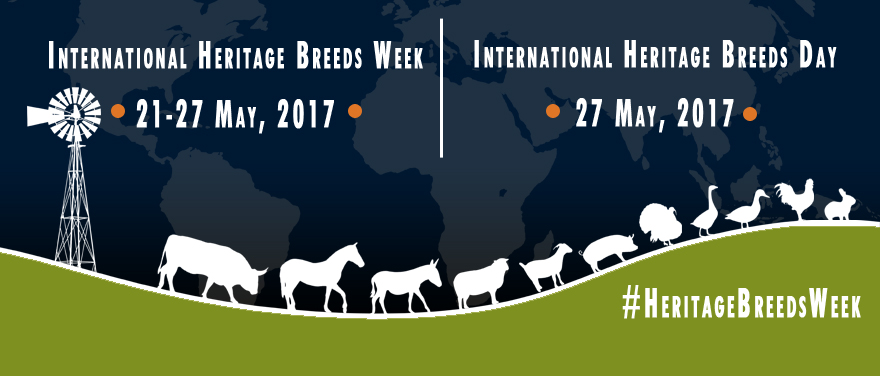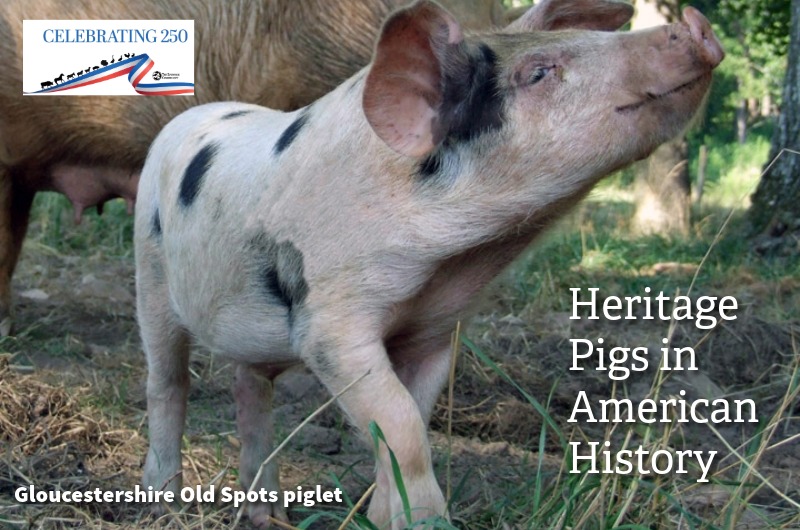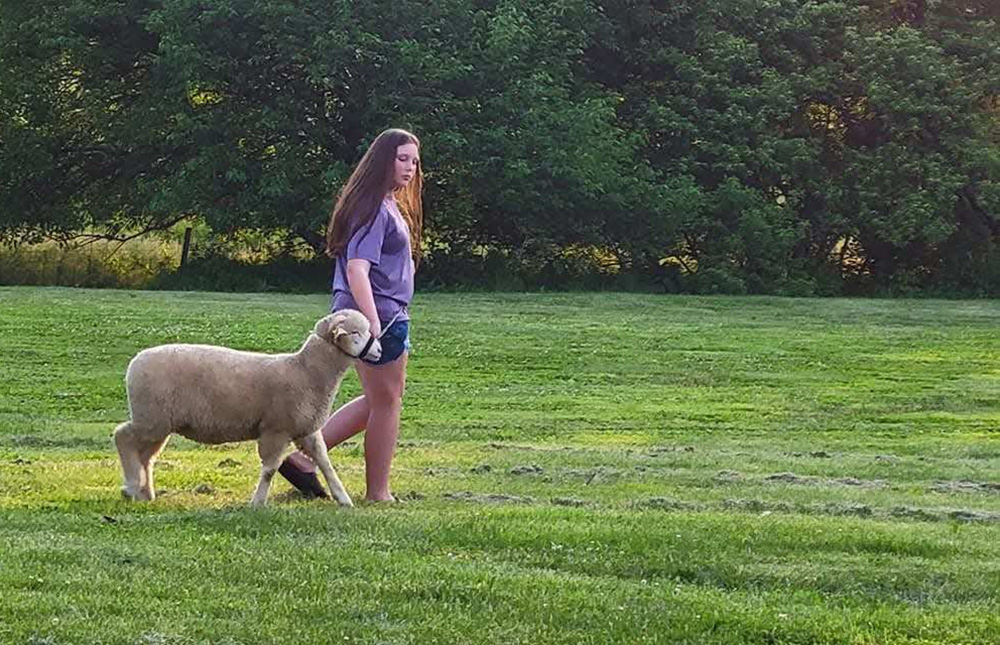
FOR IMMEDIATE RELEASE
Contact: Ryan Walker, Marketing & Communications Manager, The Livestock Conservancy
rwalker@LivestockConservancy.org, (919) 542-5704 ext. 102
Editor’s Note: Images available for download at: https://goo.gl/EQR4kl
Interviews available upon request.
International Heritage Breeds Week Raises Awareness About Endangered Farm Animals
PITTSBORO, NC, USA [17 May, 2017] – When most people think of endangered animals, exotic species from faraway places come to mind. But one of the greatest threats to our planet’s biodiversity resides much closer to home – many of our farm animals are endangered. In 2015 1,458 or 17% of the world’s farm animal breeds were at risk of extinction.¹ “The true percentage is likely much higher” said Dr. Alison Martin, executive director for the American-based Livestock Conservancy. “Current population data doesn’t exist for over half of the world’s breeds.” Martin’s organization is one of 15 international groups hosting International Heritage Breeds Week from 21-27 May, 2017 to raise awareness of endangered livestock and poultry breeds.
Several factors have contributed to the demise of these rare or “Heritage” breeds, but the leading cause is an increasing reliance on only a few highly specialized breeds in modern agriculture. “The priority over the past century has been to increase farm animal productivity – producing more meat, milk, eggs, etc. – in the shortest amount of time possible” said Martin. “We’ve made incredible advances in production through selective breeding, but when we focus on only one trait like growth rate, we lose genetics that influence other qualities like parasite resistance, drought tolerance, mothering abilities, or flavor.” Heritage breeds tend to have more well-rounded traits and are often quite hardy, which makes them perfect choices for small to medium sized farms or backyards, especially those looking for a less intensive style of farming.
Once a breed goes extinct, its genetics are lost to history – genetics that agriculture may need to rely on in the future to combat outbreaks of disease, a changing climate, or genetic issues that arise from livestock being too closely related to each other. According to the Food and Agriculture Organization of the United Nations, one domesticated livestock breed is lost every month.
What can one do to stave off extinction for these Heritage breeds? Martin suggests using International Heritage Breeds Week as an opportunity to learn more about biodiversity in agriculture and sharing information about Heritage breeds with family and friends. “We need more people raising heritage breeds, but we also need a larger market for their products” she said. “It may seem counterintuitive, but in many cases, that means eating them in order to save them.” Purchasing Heritage breed food and fiber products gives farmers an incentive to breed more animals, which will eventually help them graduate from the endangered list.
To learn more about International Heritage Breeds Week and how you can get involved, visit HeritageBreedsWeek.org, or call +1 (919) 542-5704.
###
Source: ¹ FAO. (2015). The Second Report on the State of the World’s Animal Genetic Resources for Food and Agriculture. Retrieved from www.fao.org/3/a-i4787e.pdf
***
Why is genetic diversity important?
Like all ecological systems, agriculture depends on genetic diversity to adapt to an ever-changing environment. Genetic diversity in domestic animals is revealed in distinct breeds, each with different characteristics and uses.
Traditional, historic breeds retain essential attributes for survival and self-sufficiency – fertility, foraging ability, longevity, maternal instincts, ability to mate naturally, and resistance to disease and parasites. As agriculture changes, we need to be able to draw on this genetic diversity for a broad range of uses and future opportunities. Once lost, genetic diversity is gone forever.
About The Livestock Conservancy:
The Livestock Conservancy is America’s leading nonprofit organization working to protect over 150 heritage breeds of livestock and poultry from extinction. Included are donkeys, cattle, goats, horses, sheep, pigs, rabbits, chickens, ducks, geese and turkeys. Founded in 1977, The Conservancy is the pioneer organization in the U.S. working to conserve historic breeds and genetic diversity in livestock. The Livestock Conservancy’s mission is “to protect endangered livestock and poultry breeds from extinction.”



